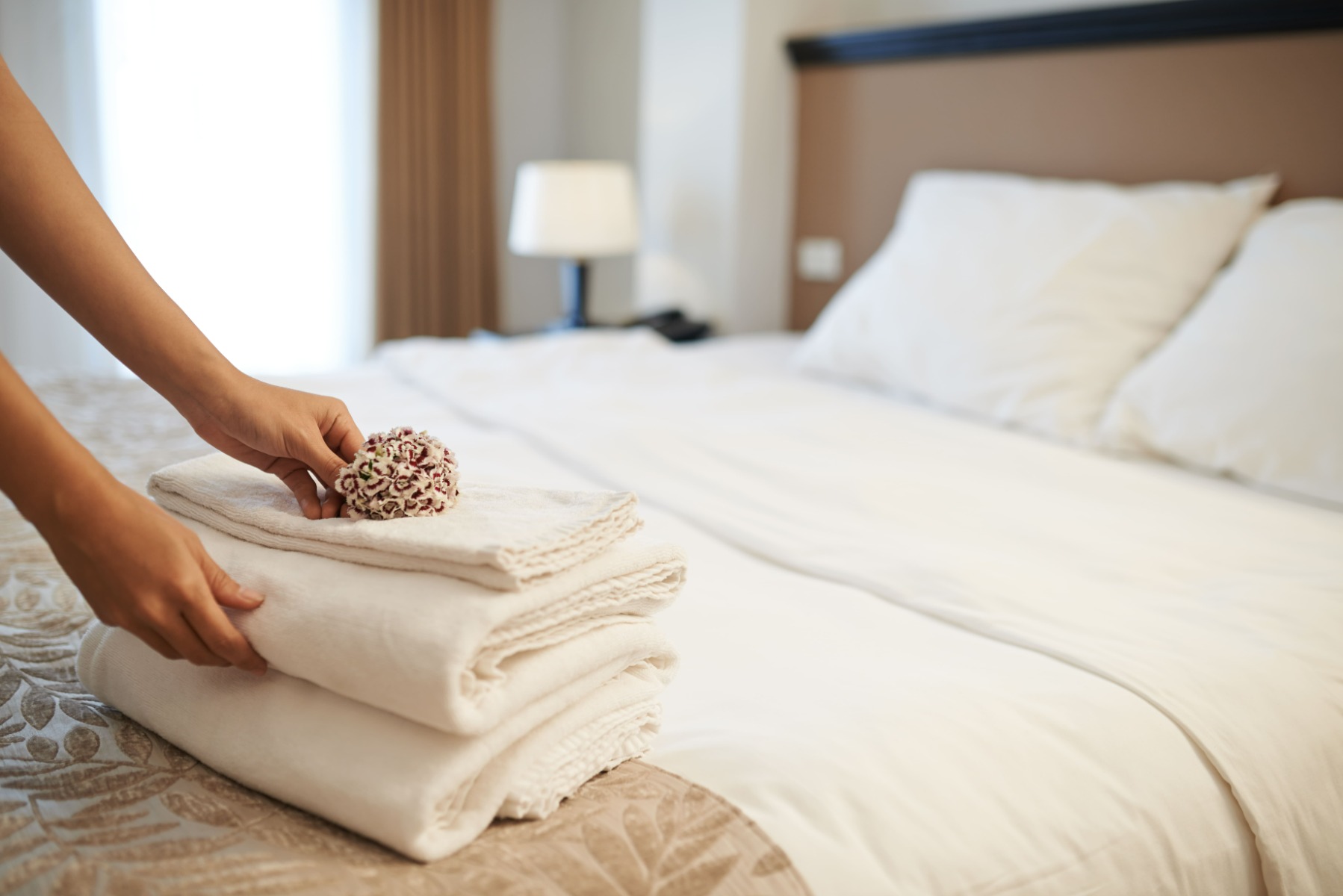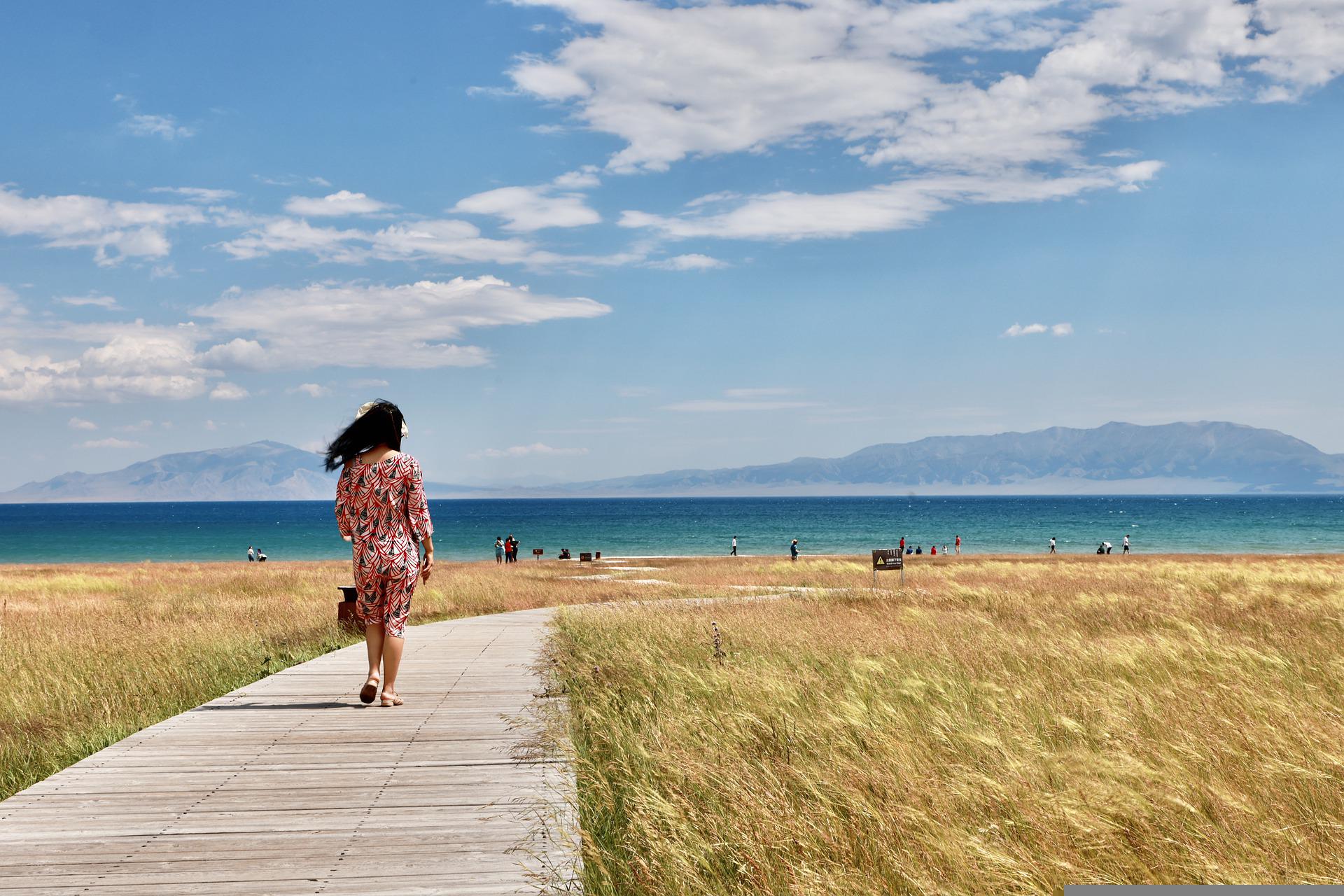New trends in the hospitality sector identified at BIT, held at Fieramilanocity

Workations combine both work and holidays, but also proximity tourism, which is ‘slow’ and above all, responsible. If the hospitality sector needs new impetus, it is looking towards innovation — ready to welcome ‘digital nomads’ — and sustainability — meeting the needs of travellers who have developed a new awareness of caring for the planet after the pandemic.
Trends that will drive the sector’s recovery in the new season were identified at BIT 2022, the International Tourism Exchange, which is back in person this year from 10 to 12 April in the halls of Fieramilanocity.
The rebirth of tourism passes through workations.
We first heard about it in the late 2020s. Workation — work and vacation — or bleisure — business and leisure — are the new agile working modes used by ‘digital nomads’, who combine business with holidays. The core concept is that you can work from anywhere, as long as you have a computer and a good Internet connection.
This is a steadily growing travel trend stemming from the spread of smart working. The number of hospitality facilities making innovations to host workers is increasing, a sign that tourism needs to find a new dimension. According to the Observatory for Digital Innovation in Tourism within the School of Management at the Politecnico di Milano, 77% of Italian hotels were already equipped in 2021 with in-room workstations (48%) or screens for video conferences (43%).

Holidays? Better if they’re slow.
‘Slow’ tourism amidst art, nature and good food! In 2022, the aftermath of the pandemic and uncertainties about the international situation will lead Italians to choose a relaxing holiday, possibly not far from home. This is known as slow tourism, an informed and responsible way of travelling, discovering the culture and traditions typical of our beautiful country. Italian villages are attractive for their landscapes and artistic heritage, which is often little known. But they are also attractive for the quality of their hospitality — from the cleanliness of rooms and common areas to the quality of the food and the art of listening to guests and their needs. This is the timeless added value of hospitality facilities.
Safety rhymes with sustainability.
This year, as in 2021, there is a strong interest in so-called COVID-free destinations, which convey a feeling of safety for travellers. Nature and sustainability are at the heart of a holiday perceived as ‘safe’. Indeed, the Fondazione UniVerde report Italians, sustainable tourism and ecotourism shows that 74% of our compatriots consider sustainable tourism to be the safest way to travel in the post-COVID phase.
In the last two years, travellers have developed a new sense of care for the environment. and an increasing number of facilities are making ‘virtuous’ choices. This includes simple measures such as reducing disposable plastic in rooms and niches such as sustainable food and wine by promoting short supply chains and local culinary traditions. There are also genuine changes such as green renovations, which involve the installation of smart lighting and air conditioning systems to avoid wasting energy, and the choice of natural building materials (i.e. wood, stone and cork).
For years, Partitalia’s R&D team has also been researching alternative materials for cards to limit the impact of the company’s products on the planet; degradable PVC and wood are just some of these solutions.
Contact us for more information!


